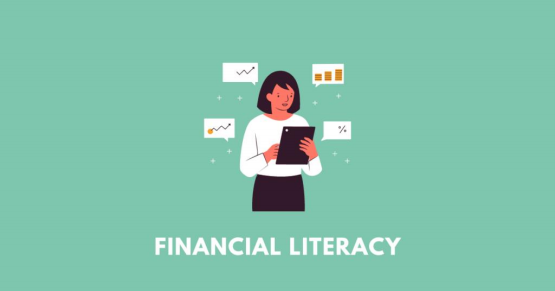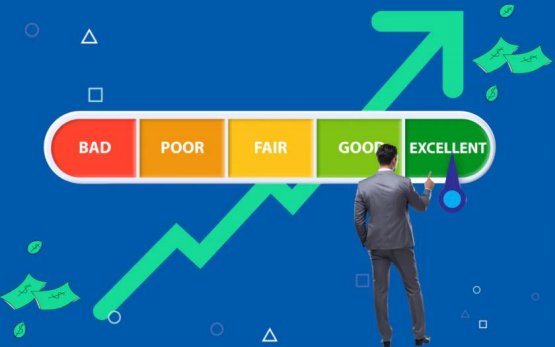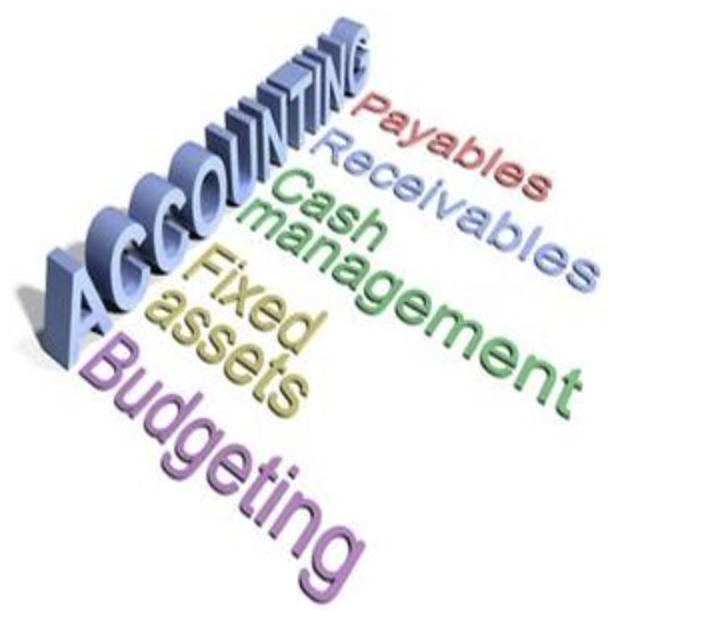
Financial literacy simply implies simple knowledge, for instance, basic budgeting, saving of money, and proper investments that will eventually result in effective long- term good investments. Financial literacy forms the base of all aspects of personal finance and has played a decisive role in the making of well-informed investment policies while retaining long-term financial safety. Such involves some simple personal finance knowledge. Some of these include basic personal finance knowledge, such as budgeting and managing debt, saving and making investments. Here is a preview of some very applicable financial literacy tips meant to guide you on how best to get to personal independence.
Budgeting and tracking of expenses
Budget is the most important part of financial literacy. A budgeting process keeps track of your income, expenses, and savings. You start with what you need and want, which are your necessary and discretionary expenditures. There is one very useful tool called the 50/30/20 rule where you should spend 50 percent on the necessary expenses, 30 percent on discretionary spending, and 20 percent either on saving or paying for a debt. Using the apps Mint or YNAB (You Need a Budget) lets everything be highly organized and easy to track about your spending habits.
Knowing Debt and Interest Rates
One doesn't necessarily hate debt but knows how to use it effectively. One should know what good debt is usually that of students or mortgages, with low interest rates and sometimes long term value from bad debt such as high credit card interest rates. One pays the minimum amount just to prevent the debt, but then one saves time and cuts down on paying interest.
Credit Scores: How to Improve Them

High credit scores save you much, qualifying one for low rates in loans and mortgages. The scores depend on four components: payment history, credit utilization, age, and type of credit utilized. To maintain or upgrade the score:
• Always ensure bills are paid on time.
• Maintain credit card balances low, ideally lower than 30% credit allowance.
• Open minimum number of accounts: Monitor regularly for incorrect report.
Saving and Investing Wisely
Introduce beginners to mutual funds, index funds, or ETFs for they are easy exposures to thousands of stocks or bonds, and it does not need one to know any particular market. You will find that saving or even investing is relatively easy over time because an automatic deposit from your payroll can start making regular savings or even investment in a savings account or investment.
Taxes
Understand how taxes operate to help you in making financial decisions. Taxes affect each and every area of income, investments, and a general plan for you. Learn about tax deductions and credits and even tax advantaged accounts, such as HSAs or Roth IRAs. It will serve to reduce taxable income as well as to boost the savings. If you seek professional tax service or opt for reliable tax software for guidance that will certainly help you in getting a better use out of the situation.
Insurance as Financial Protection
It protects your finances against the vagaries of life. You will need health, auto, home, and life insurance policies depending on your life situation. It is by evaluating what you really need that you protect your assets and minimize financial anxiety during emergencies. You can show that, for instance, health insurance takes care of medical expenses, and life insurance will also take care of your dependents.
Setting Financial Goals

Having both short-term and long-term financial goals sets direction and meaning to your money. Setting aside savings for vacation, a new home, or retirement requires clear planning and setting in order to have some form of map on how to track the movement. Make it SMART; that is, Specific, Measurable, Achievable, Relevant, and Time- bound so that you'd be motivated by the achievable target and will know at what point in time that target has to be completed.
Keep learning and know more
Financial literacy is a journey for a lifetime. The financial scenario changes, and keeping updated on financial strategies, economic trends, and investment options is the need of the hour. Read financial books, listen to podcasts, or take online courses. Keeping yourself updated helps you adapt to changes and make smarter financial decisions.
Conclusion
It's not easy, building up financial literacy; the payoff is pretty great. Improvement in your basic knowledge on budgeting, saving, managing debt, and investing will help create a bright and prosperous future with finances. Take in these tips and set out with clear financial goals. Continue to inform yourself regarding the issues. Rest assured that you are pretty close to financial independence and stability.




